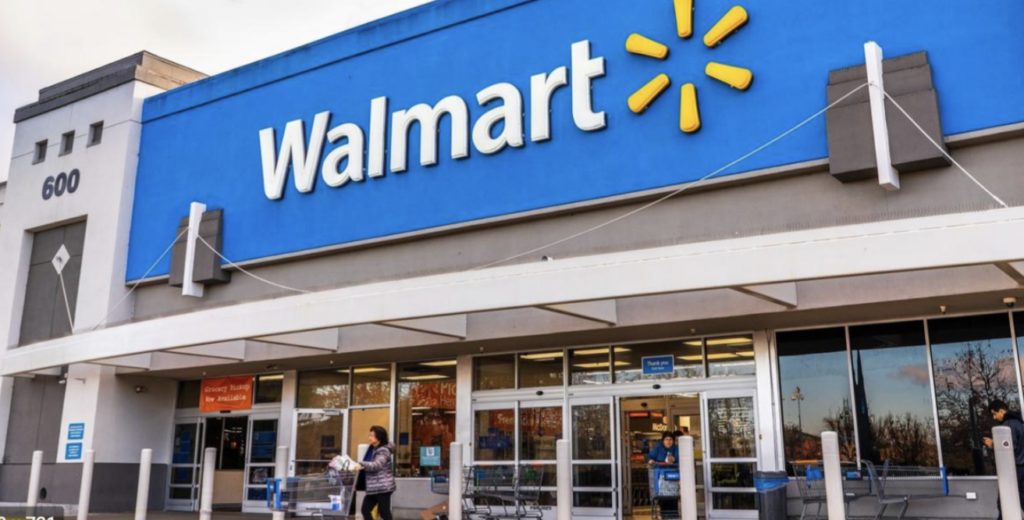The Way Walmart Is Warning People About The Economy
The economy is teetering on the verge of a recession, and certain happenings at Walmart warn of what the coming months may look like.
This article is more than 2 years old

As crippling inflation continues to wreak havoc on the finances of everyday folks, shoppers have pulled back on buying clothing and other discretionary items. The big-box retailer says everyday necessities are eating into household budgets and leaving folks with less money to spend on things they want. The trend has left Walmart and other retailers in a bit of an odd situation. They are now stuck with too much clothing and bigger-ticket items on their shelves. To help clear the backlog, the company is dropping prices and marking down several products, signaling a potential overarching trend for the retail economy as a whole.
Walmart CEO Doug McMillon addressed the decision in a press release saying. “The increasing levels of food and fuel inflation are affecting how customers spend.” But while the company has made good progress clearing hardline categories, apparel in Walmart U.S requires more markdown dollars. “We’re now anticipating more pressure on general merchandise in the back half,” he added. The retailer also expects a slowdown in customer spending for general merchandise in the second half of the year.
Fortunately, there is a silver lining as Walmart is encouraged by the sale of school supplies. While discounts sound like great news for consumers, the move will cause some major damage to its profit margins. And as the largest retailer in the United States, rival stores might be prompted to bring down prices in these areas too. This means the entire industry is going to take a major financial hit since clothing and general merchandise is more profitable than groceries and consumables.
Following the announcement, Walmart cut its profit outlook for the second quarter and the remainder of the year. According to CNN Business, the company’s stock fell 9% during after-hours trading as the decision to slash prices served as a warning to Wall Street. It highlighted concerns about rapidly changing consumer behavior and whether inflation has brought pandemic-fueled shopping sprees to an end. Amazon, Target, and other retailers’ stock value also dropped following the news from the retail giant.
Walmart said it now forecasts adjusted earnings per share for the second quarter and full year to decline around 8% to 9% and 11% to 13%, respectively. The company previously expected them to be flat to up slightly for the second quarter and to drop by about 1% for the full year, CNBC reports. The retailer also expects local same-store sales to rise by about 6% in the second quarter, excluding fuel, as customers buy more food at its stores. That’s higher than the 4% to 5% increase that the company previously expected.
But the sudden shift in consumer spending could jeopardize other aspects of the company’s strategy too. Although the retailer still wants to grow its Walmart+ subscription service, it could be a tough sell if people are scouring their bills to cut costs. The chain also launched several general merchandise brands recently which now run the risk of ending up on the clearance rack. But McMillon remains positive, hoping that Walmart can regain some market share during the inflationary period by emphasizing good value. The big box store will report its fiscal second-quarter results on August 16th.





